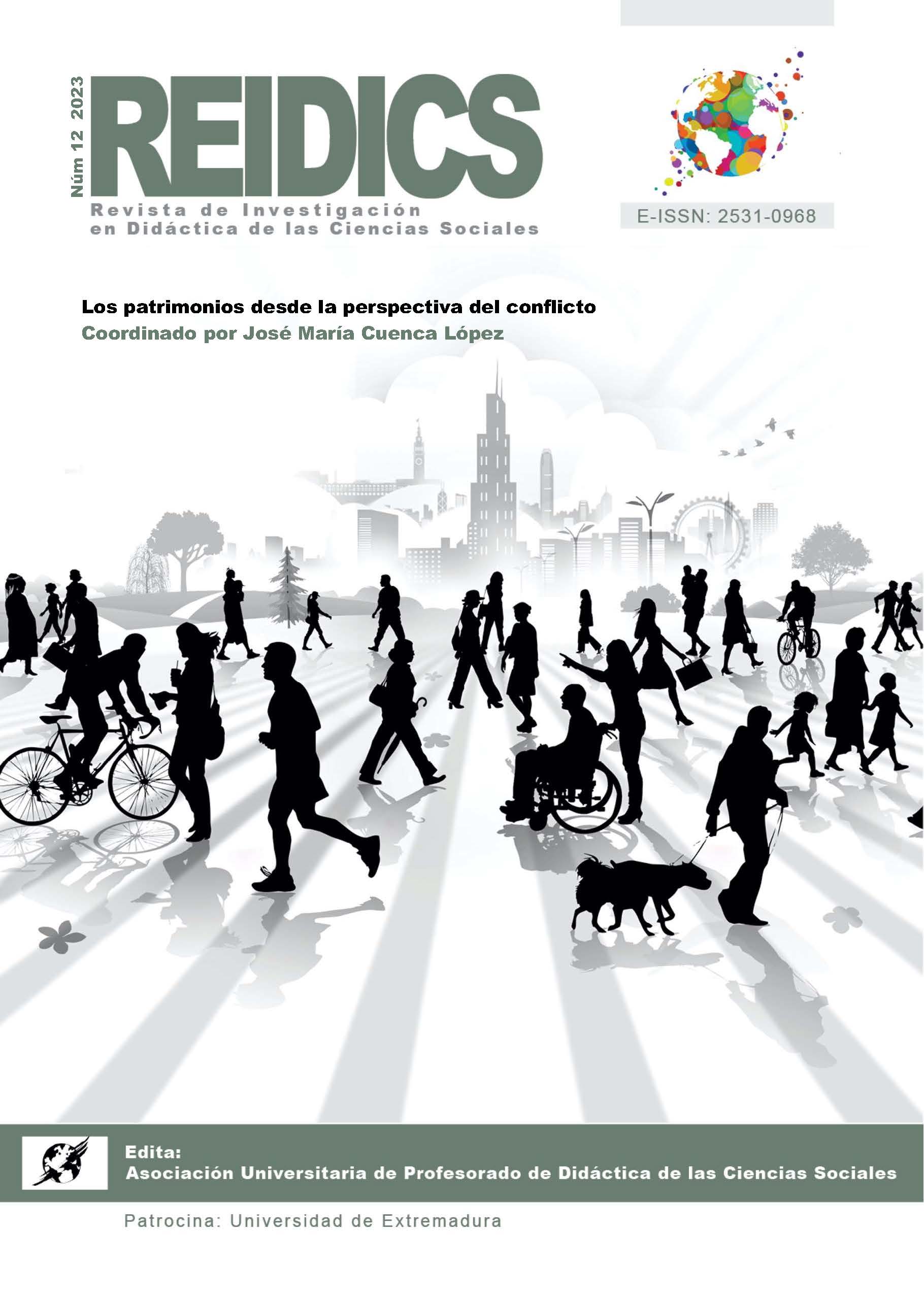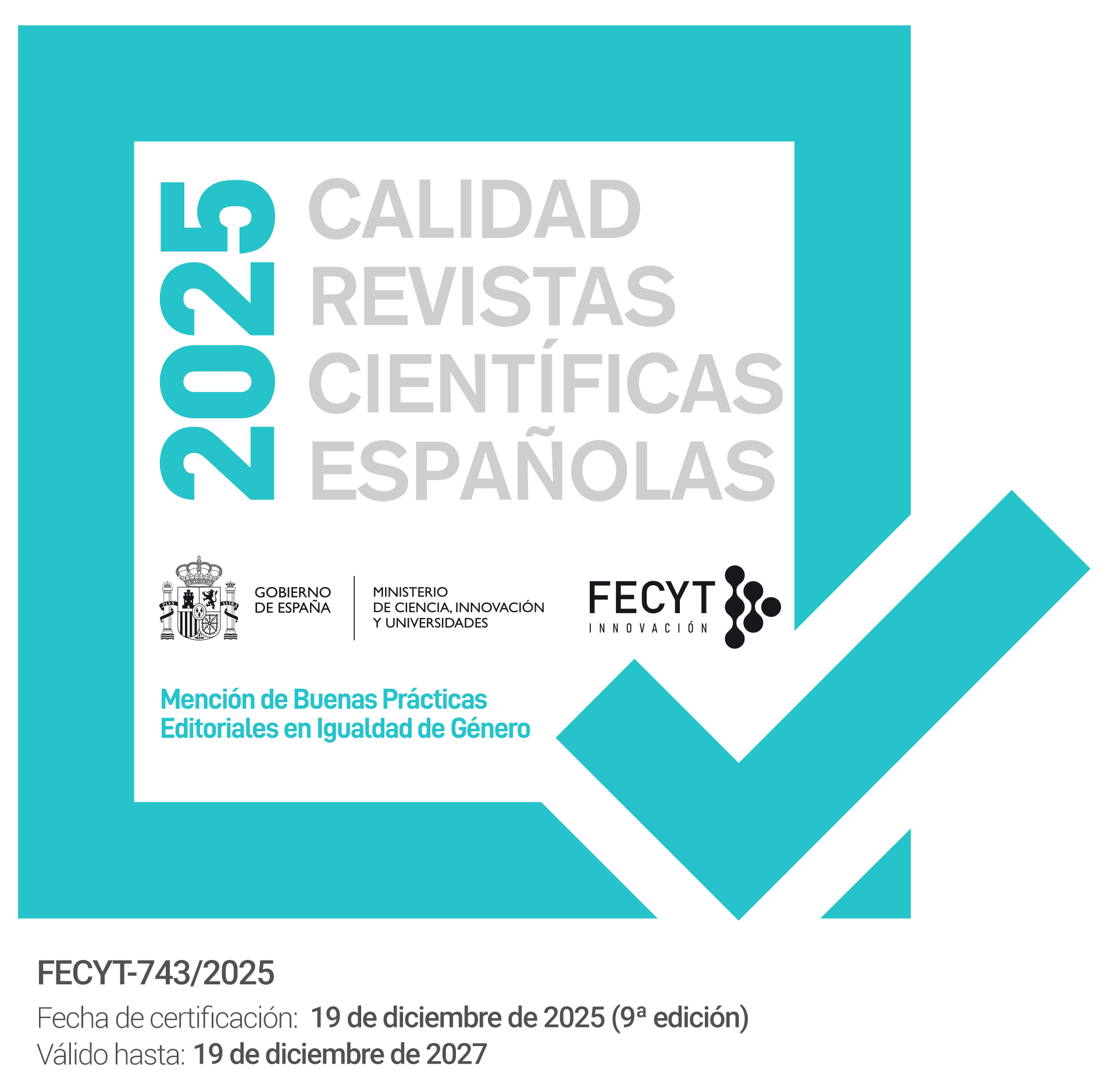Indigenous heritage as a controversial reality in the initial training of primary school teachers in the Canaries and Mexico
DOI:
https://doi.org/10.17398/2531-0968.12.03Keywords:
aprendizaje activo, innovación educativa, libros de texto, patrimonio cultural, TICAbstract
In this article we present the results of an innovation and educational transfer project developed between the University of La Laguna and the Autonomous University of Baja California. This project was based on the active and cooperative work of students from the primary school teaching degrees of both universities, using a virtual collaborative environment. The main educational aim was for university students to critically analyse an educational tool that is very present in the teaching of Social Sciences, such as the textbook, to work with a controversial heritage such as the indigenous, and to enrich their conception of cultural heritage. To this end, a didactic sequence was designed in three phases (planning, design and preparation of reports and evaluation), encouraging active learning and the use of virtual environments. In order to evaluate the general results of the project, a questionnaire was drawn up with open and closed questions to ascertain the perception of the participating students. From the data obtained, it can be seen the need to relate heritage education to the immediate political, ideological and economic reality, so that trainee teachers develop reflective and critical thinking and become aware of the role of education in the transformation of reality. In short, this project demonstrates the need to put into practice educational, pedagogical and technological resources that make active learning possible for students, based on the critical analysis of textbooks from the didactics of the Social Sciences.
Downloads
Published
Issue
Section
License
Aquellos autores/as que tengan publicaciones con esta revista, aceptan los términos siguientes:
- Los autores/as conservarán sus derechos de autoría y garantizarán a la revista el derecho de primera publicación de su obra, el cual estará simultáneamente sujeto a la Licencia de reconocimiento de Creative Commons 4.0 BY-NC-SA que permite a terceros compartir la obra siempre que se indique su autor y su primera publicación en esta revista.
- Los autores/as podrán adoptar otros acuerdos de licencia no exclusiva de distribución de la versión de la obra publicada (p. ej.: depositarla en un archivo telemático institucional o publicarla en un volumen monográfico) siempre que se indique la publicación inicial en esta revista.
- Se permite y recomienda a los autores/as difundir su obra a través de Internet (p. ej.: en archivos telemáticos institucionales o en su página web) antes y durante el proceso de envío, lo cual puede producir intercambios interesantes y aumentar las citas de la obra publicada. (Véase El efecto del acceso abierto).
- Los autores y autoras han respetado la política de autoría de esta revista.








